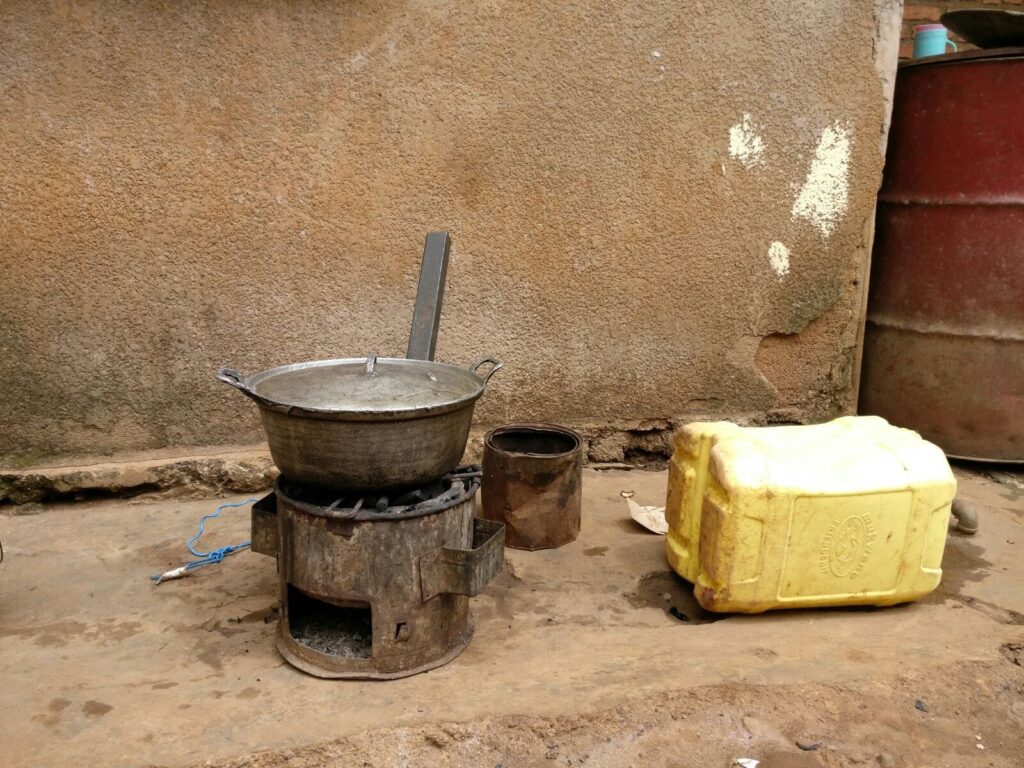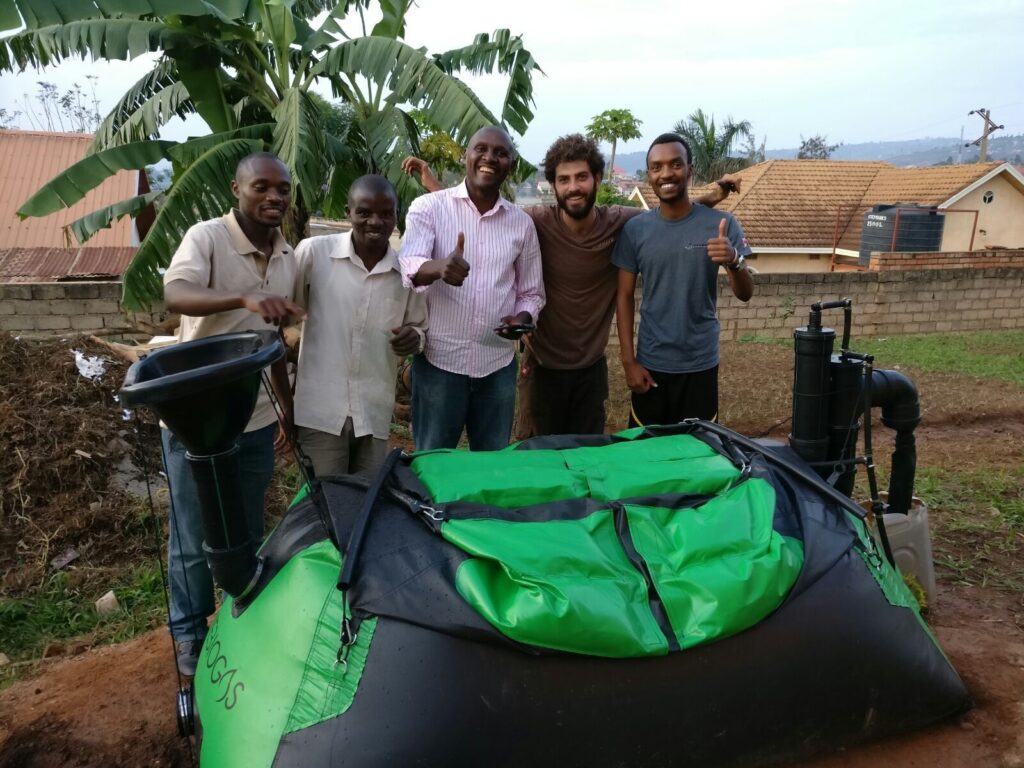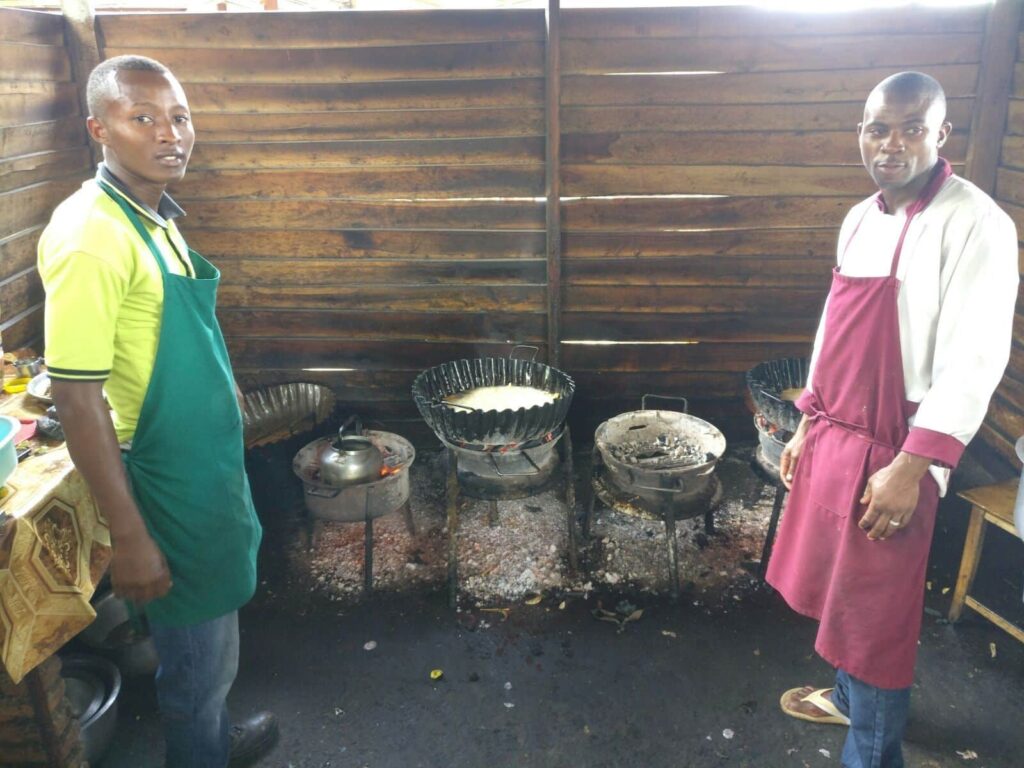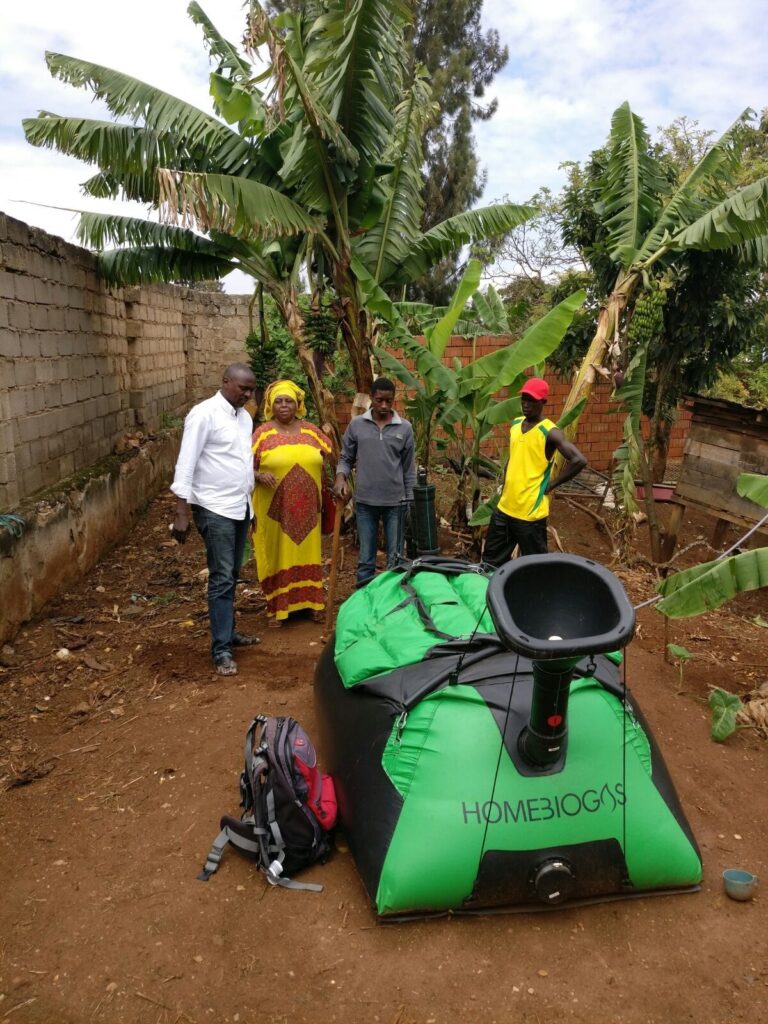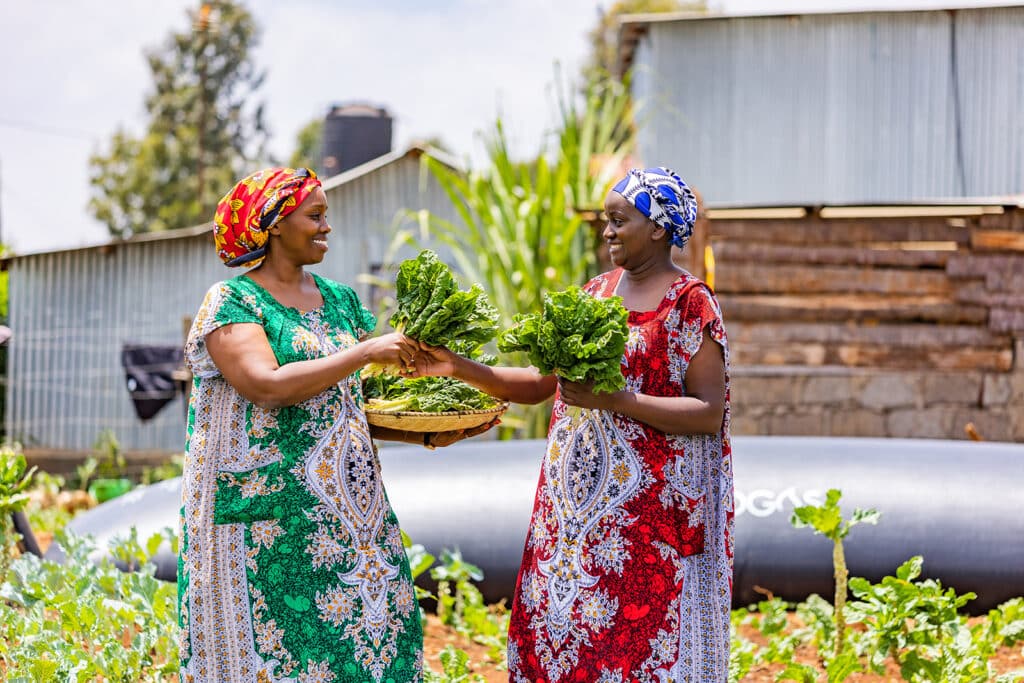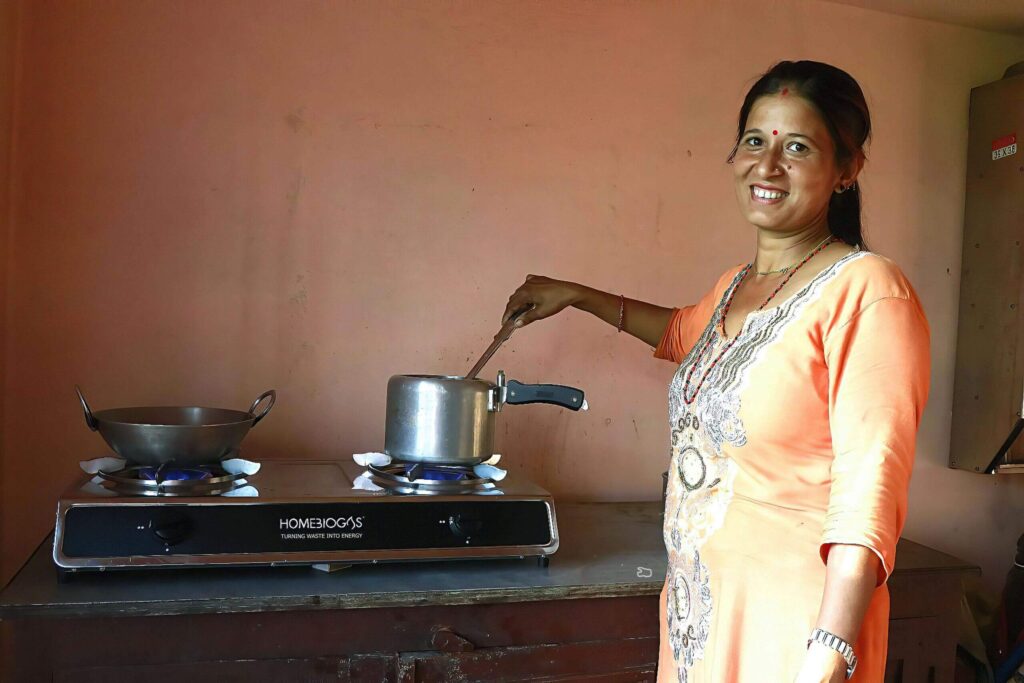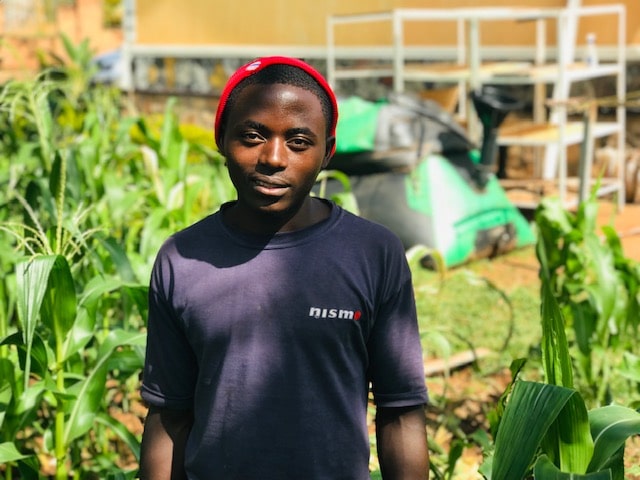
HomeBiogas 2.0 Pilot Project in Kigali, Rwanda
HomeBiogas has set up its second pilot project, testing the new HomeBiogas 2.0 appliance in Kigali, the capital of Rwanda. For most western customers, using HomeBiogas 2.0 is helpful, as it is a tool to get “off the grid,” and is rewarding because it lessens reliance on fossil fuels. For families in Rwanda, HomeBiogas 2.0 has an even larger impact: is quite literally life-changing. HomeBiogas 2.0 is an appliance that isn’t only helpful and rewarding, but also drastically improves their quality of life.
How is HomeBiogas 2.0 changing the quality of life in Kigali, Rwanda?
Coal is Expensive, HomeBiogas Makes Free Gas
In some countries, natural gas is an inexpensive form of fuel, but in Rwanda, natural gas is not affordable for the ordinary person; it is only accessible to the extremely wealthy. The middle-class in Kigali usually cook on charcoal or wood. The large amount of cooking that is done, coupled with the fact that the charcoal is imported from neighboring countries, makes charcoal expensive. Families in or around the city don’t have any other option though. Charcoal or wood is the most common form of fuel for cooking and can be seen in private homes and restaurants. That’s where HomeBiogas comes in! Cooking with biogas produced by the HomeBiogas 2.0 appliance, gives families an affordable alternative to cooking on biomass. After all, the biogas is created from leftover resources that the family already has but no longer needs!
Cooking on Biogas is Healthier
Not only is charcoal and wood expensive, it is also unhealthy. Cooking on charcoal and wood creates a lot of smoke and emits noxious gases, which penetrate deep into the lungs. When inhaled 3 times a day, every day, the cooking causes serious and lethal health issues. Cooking on biomass, which is typically done using open-fires is a reality for more than 3 billion people worldwide and for the majority of citizens in Kigali! Switching to a clean burning fuel, like biogas in a huge and important improvement that can save lives. By using HomeBiogas 2.0, the chefs or maids who cook for families in Kigali will no longer be subjected to detrimental indoor air pollution.
Rwandans Have a lot of Organic Waste
Typical urban, middle class residents in Kigali produce a lot of waste, so they have a big need for cooking fuel. While a western person may cook one meal a day (picture making cereal and milk for breakfast, getting a salad for lunch and cook pasta for dinner) Rwandans usually cook for all 3 meals every single day. They don’t buy pre-made or frozen food from the grocery store, they cook everything from scratch. Furthermore, well-off urban dwellers usually employ 3-4 people to help them around the house (maids, housekeepers, chefs). So a family of 4-5 people can easily become a household of 7-8. This means that more food needs to be made for each meal, more food scraps are generated and more cooking fuel is needed.
Improved Sanitation
Lastly, HomeBiogas 2.0 will drastically improve sanitation and waste management in Kigali. Typically, garbage from homeowners goes to big landfills, that don’t have industrial biogas plants. However, in Rwanda, the garbage is collected once a week, whereas in Western countries where it is collected daily. Because of this, garbage piles up next to houses ever single week. The rotting organic waste produces a bad smell and attracted pests.
Biodigestion is not a new technology for Rwanda- it is true that some rural farmers use biodigestors in the countryside- however, it is certainly unusual to find biodigestors in Kigali. There are 2 reasons for this: first, because the biodigestors found in the countryside cater to farmers who have many animals and are therefore, manure, not food-based. Urban dwellers might have a pet or two, but their main source of wastage comes from kitchen scraps. The second reason is that the existing biodigestion technology is very large. While large appliances are no issue in the countryside, there is simply not enough space for them in the cities. That’s where HomeBiogas steps in with a solution to both these obstacles. HomeBiogas 1.0 and 2.0 are able to work on food waste as well as animal manure, and are compact enough to be in a peri-urban setting.
Aviv, the HomeBiogas employee who spent time in Rwanda setting up the appliances and teaching the local families how to use it felt very moved by the epxerience. He remarked,
“you see people who don’t have any other alternative, they need this [HomeBiogas] to survive. They are so happy about it, its very exciting to see.”



